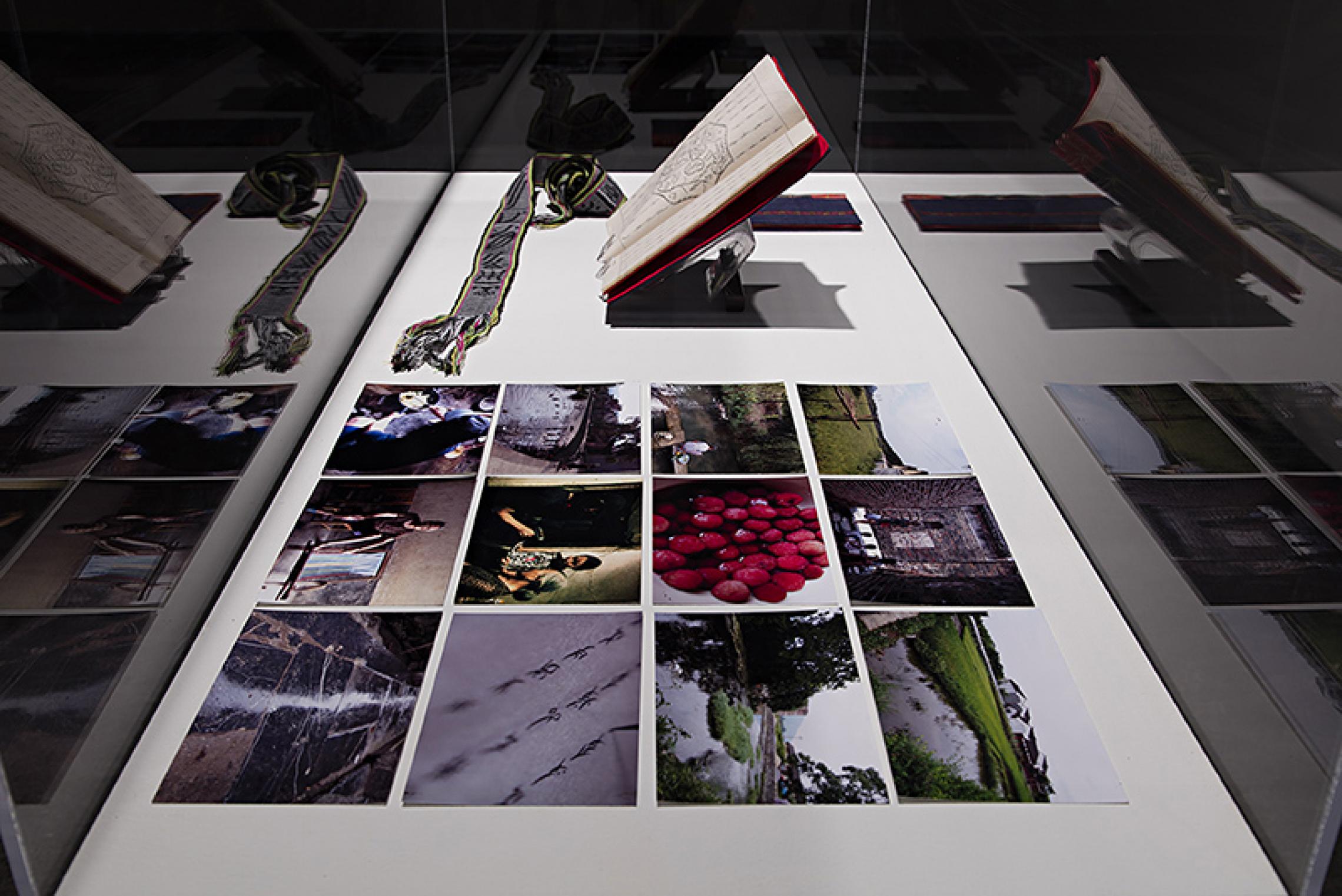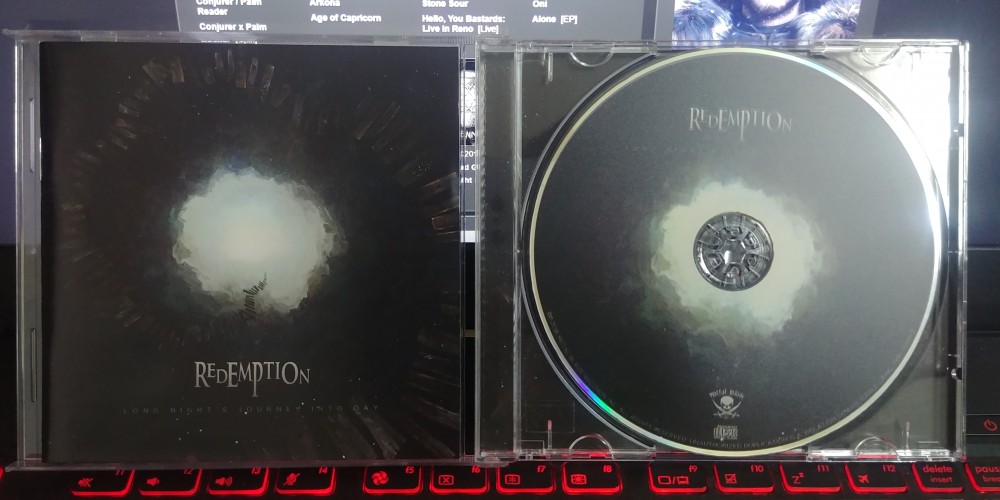

I’m slow, so I need maturation, I need time for all these ideas to arise. It’s strange-it feels like a portal between two lands, those moments. Is there much of a gap between those experiences and your knowing that there’s a song? Or are you ever in the moment thinking that this is something you want to get across in your music-the feeling of being where you are, of refuge? I kind of create little refuges-sonic refuges-and landscapes that don’t exist to wander and feel good. And that happens also in the forest where I live now and in other places like that, usually where there is no human beings around. I went there and did my little prayers and wishes that I sent to the shore, and I was soothed by the horizon and the beautiful sea. There was this pine circle, a little forest, where I used to go when I really felt disenchanted. Like, for example, in the song “Personal Message,” there was this peninsula. The music, the ideas, and the inspiration kind of comes from natural sanctuaries I have found in places of nature. So you mean, like, little vignettes of inspiration? I suppose I’m very into metaphors and poetry that I find most of the time in my reverie, when I am in a sort of absent state and wandering in my psyche landscape. I wondered what other non-musical influences made their way onto this album. The lyrics to “Looking Backwards” were written after you saw a man at the airport using his watch to reflect light in creative ways. And to me, this song is a butterfly, a little poem to my daughter and to life, in a way. I want to share it with Reine and Swahn and my label.” And that was the start, the trigger of the musical spiral and cycle. I just made the song “Alma” and then I felt, “Okay, I kind of love that song. The only familiar way I had to… it was a cathartic, spiritual, purification moment of the overflow of emotions. She was one year old, and it was an emotional overflow at the time. That happened the first night that I was separated from my daughter. The origin of the record was in the song “Alma,” was the first to arise since I sat in silence. But there was a lot of theta waves, soundscape music, and ambient music played at home-bands like Sigur Rós and that kind of meditative music that my partner was listening to. I thought Bon Voyage was gonna be the last record, and after Bon Voyage delirium, I kind of sat in silence for a year or so. It’s really moving for me to hear you talk about the album because you guys are the first to hear it-the journalists-so it’s my first echo of the record. Melody Prochet (Melody’s Echo Chamber): Yes. When did you know for sure that Emotional Eternal deserved to be made? Could you take me through its origin?

Your approach to making music is unhurried and you’ve said that you’re open to the possibility that there won’t necessarily be an album that needs to be made. Hayden Merrick ( Under the Radar ): The new album is stunning-it’s hard to find the right adjective. She was warm and thoughtful as she told me about the new album, the meditative spaces where she finds solace, and life’s circularity. Words such as “transcendence” crop up a few times, but they are supported by substance-the proof is in the pudding, as they say. It’s her first release in four years and the first since she became a mother, a life change that not only guides the music and lyrics but was the impetus for their existence.ĭuring our Zoom conversation, Prochet spoke with unpretentious humility. In this case, it led her to her radiant third album, Emotional Eternal, out on Domino this Friday. Once inspiration drifts into view, though, she will follow it at her own pace as far as it’ll take her. And the title of her last album, 2018’s Bon Voyage, implied that the resonance would be indefinite. In that way, she invites parallels to songwriters such as Cassandra Jenkins, whose 2021 album was titled, very literally, An Overview on Phenomenal Nature.Īs the project name suggests, Melody allows ideas to resonate. That may sound highfalutin or imprecise, but one of Prochet’s primary inspirations is the natural world-a peninsula in the south of France near her grandmother’s house, a forest of pine trees in the Alps. Listening to her music, produced under the moniker Melody’s Echo Chamber with co-conspirators Fredrik Swahn and Reine Fiske, is to enter an enveloping, otherwise inaccessible sonic reverie-an escape from the real world, a place in which to idle and fade away for a few minutes. Melody Prochet is an architect of euphonic sanctuaries.


 0 kommentar(er)
0 kommentar(er)
